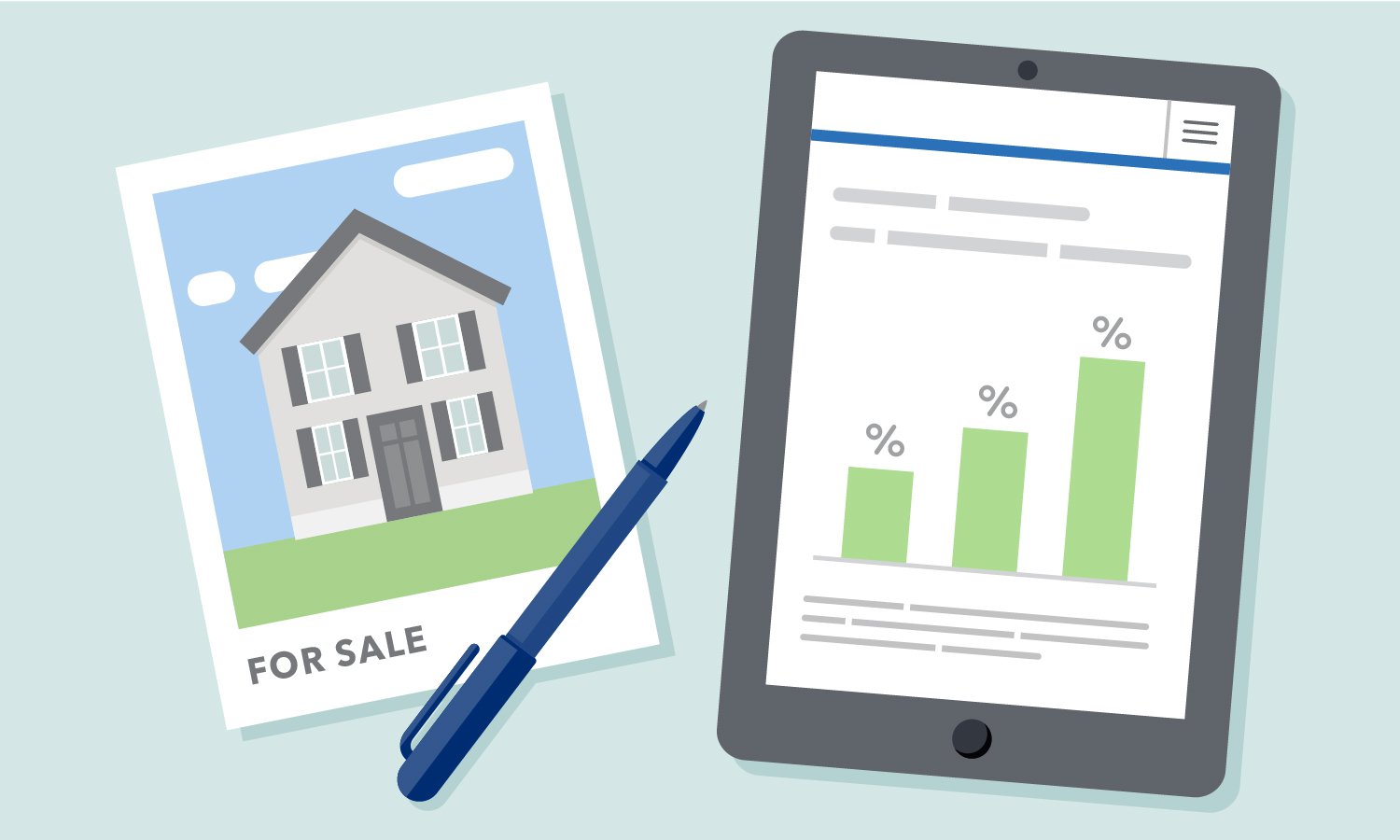Today, mortgage lenders are paying close attention to mortgage applications. It helps them ensure they are offering mortgages to reliable and able clients. Additionally, they gauge the information you give them and analyze the amount you deserve. Hence, lenders are considering a myriad of factors before approving your application.
Check out the following factors.
1. Your Credit Score
Credit scores directly affect mortgage interest rates. It’s one of the factors lenders check to determine whether you qualify for a loan. It can give you a chance of landing good low mortgage rates.
Looking at your credit history and score will give the lender a hint of how you manage your finances. It also helps them analyze your ability to pay back your loan. Different credit score companies use different scoring models to calculate your credit score, but they are all derived from your financial information. Your report comprises of your payment history with borrowed money.
Before you book an appointment with a mortgage lender, ensure you review your credit report early enough. Get the credit report from major credit bureaus – but don’t pay for the report, there’s a multitude of free credit score report companies in the UK and US who can help you.
Once you get the report, identify any mistakes that might cost your credit score.
2. Debt-to-Income Ratio
Most people survive through debts. Well, it’s not bad, but it can affect your mortgage loan. Before you apply for a Directors Mortgage or any other specialist mortgage type, the lender will want to know about your existing loans and your capability in paying them. Your credit card debt, personal finance loans, student loan debt, and other debts will be used in calculating your debt-to-income ratio.
Different lenders have different requirements for DTI ratios. However, the majority of lenders avoid financing applicants with debt-to-income ratios above 43%. This is to ensure you’ll manage to make monthly installments without extending the payment period.
If you want to improve the chances of getting a mortgage, then keep your DTI ratio as low as possible. Ensure you pay off large debt before setting an appointment with a lender. It’s also prudent if you can stop applying for other loans before meeting your mortgage lender.
3. Your Deposit Amount
When it comes to buying a home, the more cash you put down, the less money you’ll borrow from a lender. If you put down a substantial amount, you’ll be considering a low-risk homebuyer, and boost your chances of getting approved for a mortgage.
You should at least make a down payment of 5% of the total price. If you don’t have a great credit score, you could be asked to pay a deposit of as much as 30-40%.
4. Type of Loan You Need
There are different loan options, and each option has requirements. You might qualify for a specific loan, but you may not get the amount you need. Before visiting a lender, have a look at the qualifications of the loan you need.
5. Your Employment History
Lenders and banks often review applicants’ work histories. Before you get a loan, you need to have proof that you have a stable and steady source of income. Hence, avoid quitting jobs unnecessarily or switching careers.
Conclusion
Lenders are different with different terms and conditions. Find out what your lender can offer. Always give accurate information to maximise your chances of your loan being approved.
